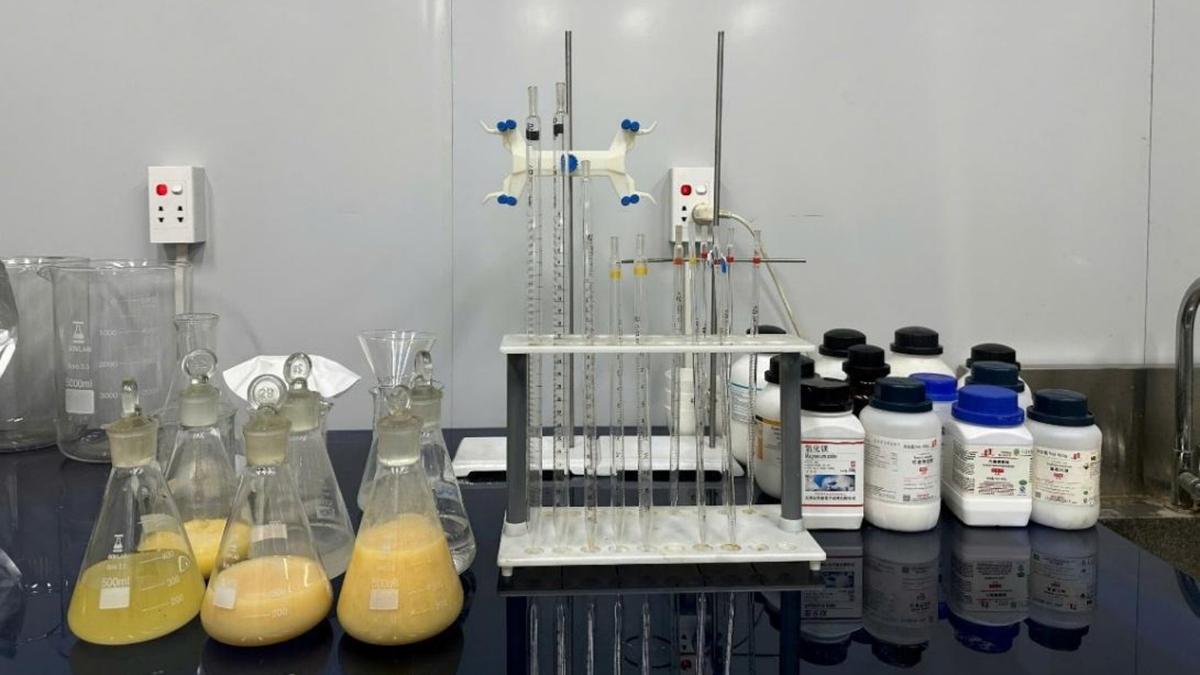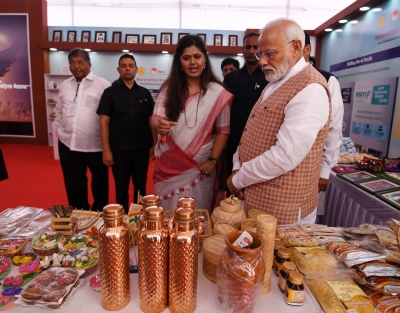
Software and hardware power the contemporary world, but its reliability is all too often assumed. The apps that people use daily, whether to read the newspapers, purchase products, or watch their investments, rely on background architectures of testing and automation that guarantee each update performs its task correctly. A failure at such a scale can cost businesses millions, shut down services for millions more, and destroy customer confidence. Relatively few engineers have played a role in avoiding such failures as Reena Chandra.
Throughout her career at eBay, Amazon, and Apple, Reena has led in automation, testing, and performance engineering. She also mentored several colleagues and graduates. Reena developed frameworks that fast-tracked release cycles, added testing to continuous delivery, and got products to users sooner with better quality. Her accomplishments have been noted from inside by executive leadership, propagated across teams, and in sync with world-leading best practices that are molding the larger field of software engineering.
Early eBay Impacts
Reena’s eBay career situated her at the hub of one of the largest e-commerce platforms in the world. Working for the Marketplace organization as a Software Engineer was singularly important: she was to verify and sign off on high-traffic features that directly impacted on world buying and world selling globally. With a company that had hundreds of millions of users across close to 200 countries, a tiny defect might spread to become a massive disruption.
Reena went beyond standard routine testing right from the beginning. She developed and possessed systems of automation that mixed API testing, web verification, and mobile device checks in one system that was reusable. This was a lean departure from standard siloed approaches to testing, where front-end and back-end validation were often separate from one another. Using cross-platform systems that she created, new functionality was tested end-to-end, significantly boosting efficiency and reliability.
Her work also spilled over into security and compliance. She ingrained tools such as Fortify and IBM App Scan into eBay’s CI/CD flows, implementing automated vulnerability scanning at an early developmental stage. Security scanning was typically considered a late-stage activity at that moment in history. Reena’s implementation moved security to center stage in developmental processes, predating the adoption of DevSecOps practices that are commonplace throughout today’s industry.
She also promoted compliance with accessibility by embedding Web Accessibility Standards (WAE) checks in automated test suites for U.S. and foreign sites. Doing that made eBay’s marketplace accessible and compliant with several jurisdictions, a feat that needed technical acumen and vision with respect to trends of regulations.
Its actionable implications were dramatic. Her solutions reduced regression test time by over 40 percent, decreasing release cycles by up to 30 percent, and preventing costly defects from reaching production. These were not just operational improvements but strategic enablers for eBay’s future vision of scalability, security, and globalization.
Expanding the Scope
With growing responsibilities at eBay, Reena started tackling and solving tasks that far exceeded her role description. Release engineering tasks were entrusted to her, managing build stability and readiness for deployment for customer-facing initiatives. She led product migration testing for high-impact systems with no major defects in delivery across time. Load and performance testing tools were also added to automation cycles by her to detect bottlenecks early, before high-impact events like Black Friday and Cyber Monday.
Her efforts didn’t go unrecognized. Several teams throughout eBay replicated her automation patterns, and her security-minded methodology for CI/CD was promoted throughout the company as a best practice. Senior engineering management noted her as a go-to expert for release validation and cross-functional testing. In short order, Reena’s efforts previewed the future of modern QA: integrated, continuous, and performance-minded.
Scaling to New Heights at Apple
Following eBay’s triumph, Reena took her talents to Apple, where the stakes and scale of work further increased. Here, at Apple, end-to-end build train level automation for iOS and macOS was managed by Reena, covering mission-critical versions such as News and Stocks, reaching millions of users every day.
Her work tackled one of the most challenging issues in large-scale software deployment: reliability across several operating systems, hardware platforms, and worldwide release timelines. She created Java and Swift automation pipelines that tested OS builds and app functionality, greatly expanding test coverage while decreasing manual overhead by a large margin. She also created bespoke tools for performance and load testing, separating them from dependency-heavy systems and reducing infrastructure usage by close to 50 percent.
Amongst her most notable projects was to combine CI/CD pipelines with testing. She managed regression testing between the Jenkins TA/RDB system, such that automated nightly verification of builds was possible. It reduced regression test run time by 25-30 percent while optimizing release speed for software and hardware rollouts as well.
Her leadership was more than just technical execution. She pulled in multiple domain teams to test infrastructure, decreasing setup times by as much as 60 percent. She also led multi-domain validation activities, performance, backend, and pipeline tests on flagship apps. By working across teams and domains, she oversaw high-profile apps to hold up to the company’s quality and performance standards to a T.
Recognition and Influence
Reena’s contribution was uniformly positive from inside the organization. Area leaders and senior engineers would talk about and refer to her work as being instrumental to successful launch cycles. Her techniques and tools were referred to as benchmarks to be followed by other teams, taking her contributions far beyond ongoing projects.
Its importance also reaches the wider landscape. Its method of CI/CD pipeline integration for OS validation reflects globally promoted best practices in DevOps today. Its performance tools with less infrastructure dependency reflect industry initiatives to minimize testing costs while scaling reliability. Its multi-domain test strategies reflect a rising trend to end front-end and back-end validation silos.
Her concepts and practices are part of the broader trend toward scalable, reliable, and unified quality engineering in world technology.
Innovating AI At Amazon
Her work at Amazon marked yet another milestone expansion of her influence, this time into the emerging field of artificial intelligence and large language models. As a senior engineer, she has been instrumental in efforts to integrate AWS infrastructure with next-generation AI chips and LLM systems, developing end-to-end testing, automation, and deployment tools that ensure their reliability at scale. Her work has supported the release of advanced models to both external clients and internal teams, accelerating product cycles while maintaining rigorous standards of quality. Just as her earlier contributions anticipated trends in DevSecOps and performance automation, her leadership at Amazon situates her at the forefront of how AI and cloud platforms are converging, further extending her record of shaping practices with global reach.
Broader Field Influence
Across Amazon, eBay, and Apple, Reena Chandra’s career illustrates how individual contributions can shape industry practices. At eBay, her frameworks improved the reliability of one of the world’s largest online marketplaces. At Apple, her automation systems safeguarded the quality of applications embedded into the daily lives of millions. Together, these experiences show a sustained record of innovation, leadership, and measurable impact.
Her work is not bound by the companies for whom she worked. It reflects and sometimes predicts wider trends across industries: DevSecOps integration, continuous testing, compliance with disability access, performance-aware automation, and cross-domain validation. These practices are coming to characterize software engineering in the modern era. Reena’s contribution to developing and validating them at scale represents their larger effect upon the profession.
Conclusion
In an industry where reliability is both invisible and indispensable, Reena Chandra has built a career around making the complex simple, the fragile robust, and the invisible visible. At eBay, she reshaped testing frameworks to handle the scale of global commerce. At Apple, she built automation systems that safeguarded some of the most widely used applications in the world. At Amazon, she integrated AWS with next-gen AI chips and LLM systems, developing reliable testing, automation, and deployment tools. Her impact has been measurable, recognized, and enduring across the industry.
Her story reflects a truth of modern technology: innovation is not merely creating new functionality, but getting it to work reliably, securely, and accessibly at large scale. In building out the foundations that enable that to occur, Reena Chandra has pushed not only the fortunes of companies she has run but the state of the software and hardware engineering field in general.



